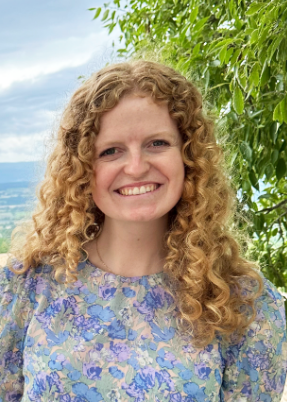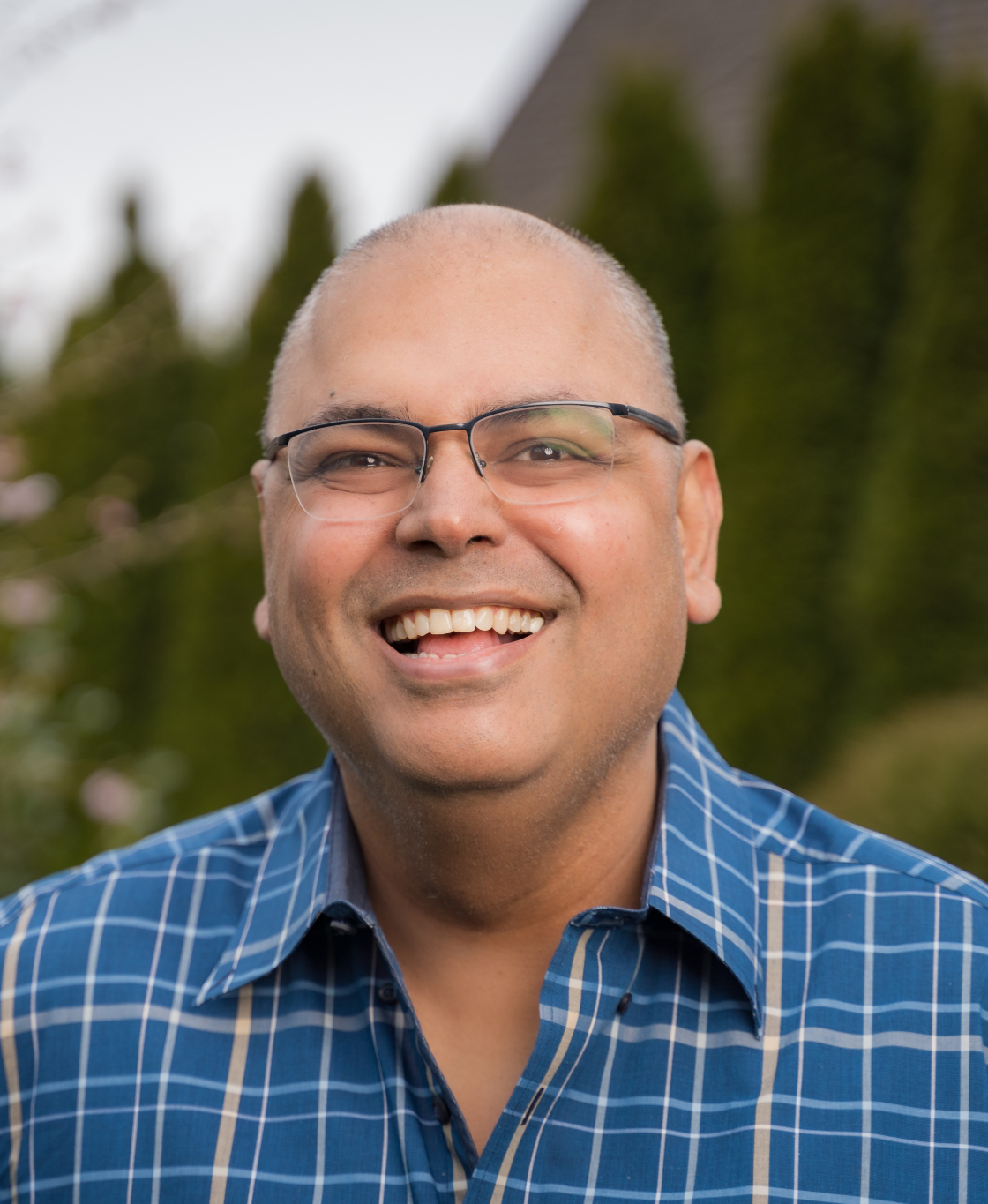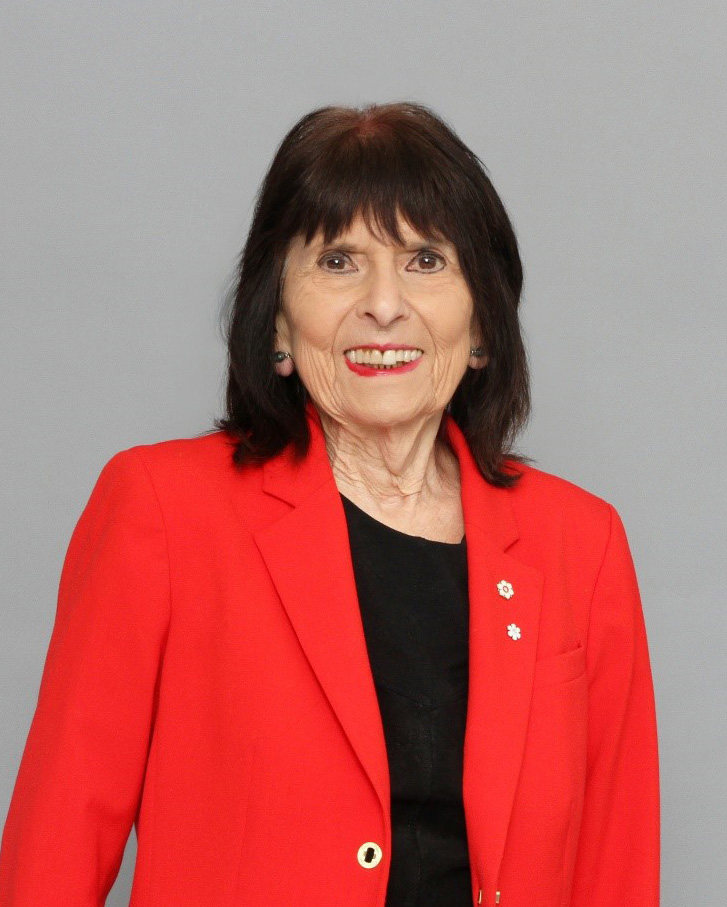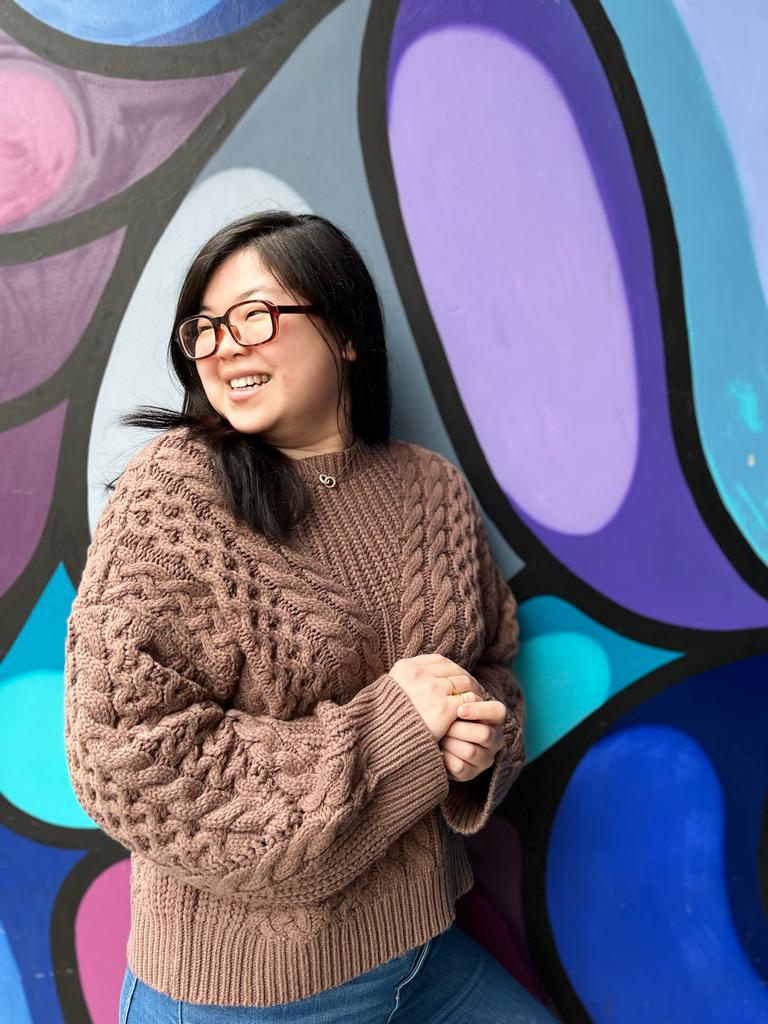Natasha Damiano
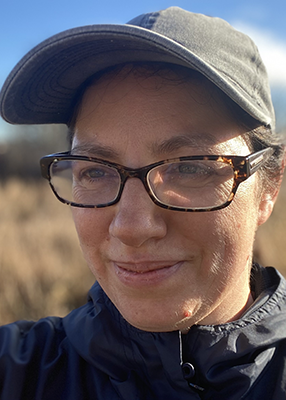
Why did you choose your program at UBC and what did you enjoy most about it?
I have both a Bachelor and a Master degree in Anthropology from UBC. As a young undergraduate student, I had tried linguistics and considered teaching French. However, Anthropology inspired me and I suppose challenged me in ways that other areas of study did not. I enjoyed many things about the program, but especially the connections with real people (including faculty) and communities.
What choices did you make at UBC that contributed to your career success / journey?
My decision to study Anthropology has been a key part of my journey, and one I never regretted. It taught me to think critically and this has allowed me to collaborate with others in a variety of contexts. I am now a student again, but this time in the Faculty of Medicine (Rehabilitation Sciences). This was a very big change for me even though I was familiar with the program. I am still learning to navigate the complexities and paradoxes of the arts and health research world, and I think my background in Anthropology helps me do that.
What was your first job after graduation and what other jobs did you have before your current position?
I became a mother toward the end of my master degree and didn’t work full time right away. Among other freelance work, I worked for a not-for-profit, worked as a researcher/writer on some documentaries, and eventually became a Research Coordinator in the UBC Department of Occupational Science and Occupational Therapy. The first study I worked on was about an arts-based mental health program in Vancouver, but I worked on other projects as well. I was in that role for about five years before I was accepted to the PhD program. My current research uses narrative and arts-based methods to understand how children and youth experience music and belonging, including those from immigrant (or refugee) backgrounds.
Is your current career path as you originally intended? What challenges did you face in launching your career?
Yes and no. I always knew that if I pursued a PhD it would have to be on a topic I was very passionate about. Music was that topic. However, I am not a professionally trained musician, so one challenge was that I didn’t see myself as being allowed in those spaces. I was fortunate to take an interdisciplinary arts and health research course at UBC, and I believe that the arts-based pedagogical approach used in that class allowed me to integrate a number of my different interests. However, another challenge was doing all of this as a mature student/parent juggling many responsibilities. I have had good support, all things considered, though there have definitely been ups and downs.
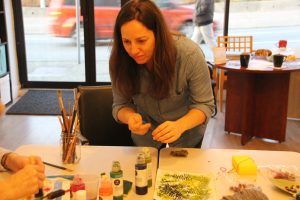


From your experience, what has been the value of having an Arts degree?
I strongly believe in arts degrees for their power to teach critical thinking and creative approaches to teaching and learning, as well as research and practice. We need to remind students that they can take what they have learned and go out in the world and do something different, from their own unique perspective. That said, my location in a clinically-oriented program while still doing arts-based work makes me appreciate how challenging it can be for those with arts degrees to translate what they have learned into meaningful work. For me, the value is in my ability to put ideas I care about into practice, and supporting others to do the same. Now in my fourth year of my doctoral research, this is on my mind a lot!
What advice would you give your graduating self?
My best advice would be to trust yourself, and go at your own pace.
Natasha Damiano



Why did you choose your program at UBC and what did you enjoy most about it?
I have both a Bachelor and a Master degree in Anthropology from UBC. As a young undergraduate student, I had tried linguistics and considered teaching French. However, Anthropology inspired me and I suppose challenged me in ways that other areas of study did not. I enjoyed many things about the program, but especially the connections with real people (including faculty) and communities.
What choices did you make at UBC that contributed to your career success / journey?
My decision to study Anthropology has been a key part of my journey, and one I never regretted. It taught me to think critically and this has allowed me to collaborate with others in a variety of contexts. I am now a student again, but this time in the Faculty of Medicine (Rehabilitation Sciences). This was a very big change for me even though I was familiar with the program. I am still learning to navigate the complexities and paradoxes of the arts and health research world, and I think my background in Anthropology helps me do that.
What was your first job after graduation and what other jobs did you have before your current position?
I became a mother toward the end of my master degree and didn’t work full time right away. Among other freelance work, I worked for a not-for-profit, worked as a researcher/writer on some documentaries, and eventually became a Research Coordinator in the UBC Department of Occupational Science and Occupational Therapy. The first study I worked on was about an arts-based mental health program in Vancouver, but I worked on other projects as well. I was in that role for about five years before I was accepted to the PhD program. My current research uses narrative and arts-based methods to understand how children and youth experience music and belonging, including those from immigrant (or refugee) backgrounds.
Is your current career path as you originally intended? What challenges did you face in launching your career?
Yes and no. I always knew that if I pursued a PhD it would have to be on a topic I was very passionate about. Music was that topic. However, I am not a professionally trained musician, so one challenge was that I didn’t see myself as being allowed in those spaces. I was fortunate to take an interdisciplinary arts and health research course at UBC, and I believe that the arts-based pedagogical approach used in that class allowed me to integrate a number of my different interests. However, another challenge was doing all of this as a mature student/parent juggling many responsibilities. I have had good support, all things considered, though there have definitely been ups and downs.



From your experience, what has been the value of having an Arts degree?
I strongly believe in arts degrees for their power to teach critical thinking and creative approaches to teaching and learning, as well as research and practice. We need to remind students that they can take what they have learned and go out in the world and do something different, from their own unique perspective. That said, my location in a clinically-oriented program while still doing arts-based work makes me appreciate how challenging it can be for those with arts degrees to translate what they have learned into meaningful work. For me, the value is in my ability to put ideas I care about into practice, and supporting others to do the same. Now in my fourth year of my doctoral research, this is on my mind a lot!
What advice would you give your graduating self?
My best advice would be to trust yourself, and go at your own pace.
